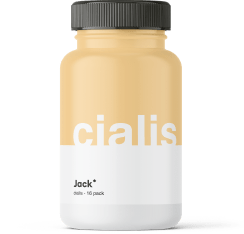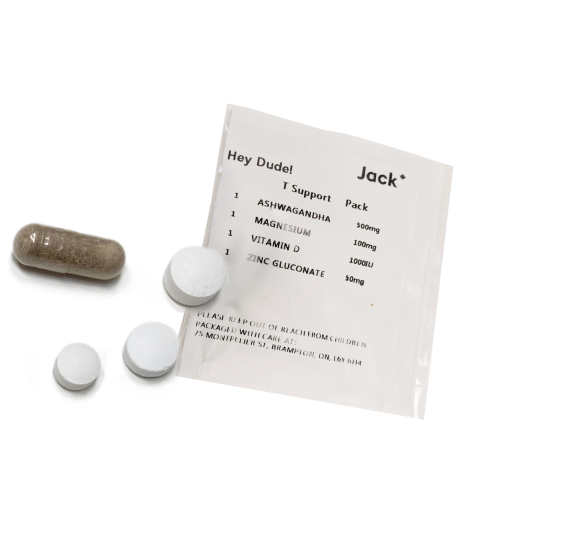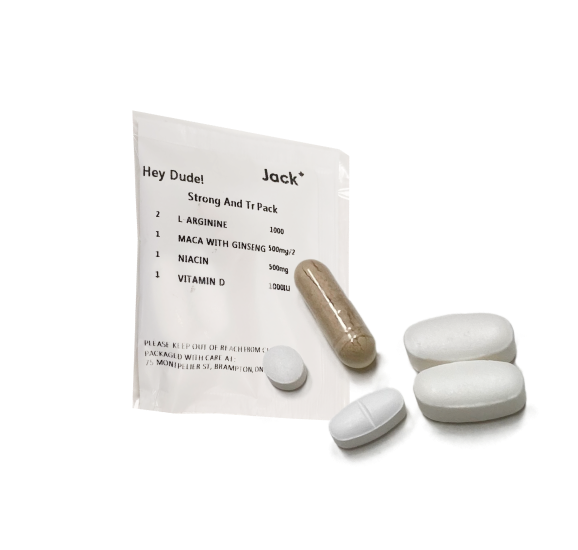Ozempic Diet and Its Implications
If you’re utilizing Ozempic or another variant of semaglutide, you’re likely aware that your dietary habits, drinking water, and consistent physical activity are as crucial to your treatment as the medication itself. But what should you be conscious of regarding your diet, and what are the potential outcomes?
In this guide, we’ll delve into:
- The nature and history of Ozempic
- The dietary considerations with Ozempic
- Our top three dietary suggestions for those on Ozempic
- The primary three advantages of being mindful of your diet while on Ozempic
- Potential side effects to be aware of
- Our top four food recommendations to incorporate
- Our top five foods to steer clear of
- Answers to commonly posed queries.
Ready to gain a deeper understanding? Let’s dive in!
How does Ozempic Work?
Ozempic, with its recognizable Apis bull logo, is a prescription medication administered weekly as an injection containing semaglutide. It’s promoted by Novo Nordisk. Primarily designed to treat adults and children with type 2 diabetes, Ozempic excels in regulating blood sugar and carbs. Read more on Weight Loss with Ozempic here.
Semaglutide functions by imitating the natural hormone glucagon-like peptide-1 (GLP-1) receptor agonists, prompting the pancreas to release insulin, making it invaluable for those requiring blood sugar regulation.
An added benefit of this drug is its impact on the brain’s hunger receptors, making semaglutide a potent tool for weight control, especially when combined with a balanced diet, regular intake of vitamins, minerals, and supplements, and consistent exercise.
Currently, Ozempic has received approval from Health Canada for use in individuals with type 2 diabetes or those with obesity with a BMI exceeding 27. It’s not recommended for children or adults with type 1 diabetes.
Ozempic is available in various doses, conveniently pre-packaged in Ozempic Pens, simplifying self-administration at home. Read up more on how Ozempic works.
Understanding the Ozempic Diet
While Ozempic doesn’t prescribe a specific diet, there are certain foods you should prioritize. Conversely, avoiding specific foods and habits can enhance your tolerance to the drug, reduce side effects, and optimize results. Drinking plenty of water and other healthy drinks can also aid digestion and overall health.
Dietary Tips with Ozempic
For Ozempic to reach its full potential, it’s essential to combine it with guidance from healthcare professionals, a nutritious diet, and regular exercise. Here, you can learn about Ozempic Interactions with Food Conditions, Drugs.
Key Points to Discuss with Your Healthcare Provider Before Commencing the Diet
Before starting Ozempic, consult with your medical team. They can offer insights about the drug and determine if it’s the right fit for you, or if other medications might be more suitable.
Ensure you disclose your medical history, particularly if you have:
- Diabetic retinopathy
- Pancreatic or kidney complications
- Allergies to semaglutide
- Medullary thyroid cancer (MTC) or multiple endocrine neoplasia (MEN 2).
While Ozempic is generally safe, be aware of potential side effects. If you’re pregnant, nursing, or trying to conceive, inform your medical team, as limited research exists on semaglutide’s effects on pregnancy and infants.
Consultation During the Treatment Phase
While most side effects are mild, in rare cases, Ozempic can cause severe complications. Regular communication with your medical team is vital to report any health changes.
Be vigilant for severe side effects like:
- Thyroid tumors
- Vision changes (diabetic retinopathy)
- Hypoglycemia
- Kidney issues
- Gallbladder problems
- Pancreatitis
- Irregular heartbeat
- Intense allergic reactions, such as facial swelling or rashes.
If you notice any of these symptoms, halt the medication immediately and seek medical attention. Also, read this Ozempic and coffee insight to know what it means for you.
Guidance Post-Treatment
Even after concluding your Ozempic treatment, continue consulting your medical team to monitor any late-onset complications. Regular check-ins with your medical team can help monitor your weight and suggest further interventions if needed.
Advantages of Adhering to the Ozempic Diet
Modifying your diet while on Ozempic can offer several benefits:
- Blood Sugar Level Regulation: Regular Ozempic doses, combined with a healthy diet and exercise, can effectively manage blood sugar levels in those with type 2 diabetes.
- Weight Management for Adults with Type 2 Diabetes: Ozempic can aid in weight management for adults with type 2 diabetes or those with a BMI above 27.
- Potential Reduction in Heart Disease Risk: Several studies have shown that Ozempic can reduce the risk of major cardiovascular events and pain for adults with type 2 diabetes or those at high risk.
Common Side Effects with Ozempic
Users of Ozempic might experience side effects like nausea, diarrhea, constipation, vomiting, and stomach discomfort. It’s essential to note that Ozempic can interact with other medications, including vitamins and herbal supplements. Ensure you discuss any other drugs or supplements you’re taking with your medical team.
Certain foods, especially those rich in fats or sugars, might exacerbate these side effects. To mitigate these effects, stay hydrated by drinking ample water and consider consuming smaller, nutrient-rich meals more frequently.
Recommended Foods for the Ozempic Diet
While on Ozempic, you can still enjoy a diverse and nutritious diet. Here are some recommended foods:
- High-Fiber Foods: Foods like brown rice, quinoa, farro, barley, and oats can aid digestion and metabolic health.
- Fruits and Vegetables: These provide essential vitamins and fiber, helping to satiate hunger with fewer calories.
- Protein Sources: Foods like white fish, poultry, beef, eggs, soy, and certain dairy products are rich in protein, supporting immune health.
- Healthy Fats: Opt for foods like avocados, fatty fish, macadamia nuts, chia seeds, Brazil nuts, olive oil, and eggs.
Foods to Limit or Avoid with Ozempic
Certain foods might not be ideal while on Ozempic:
- Refined Grains: Instead of white bread or pasta, opt for whole grain alternatives.
- High-Sugar Foods: These can exacerbate gastrointestinal side effects.
- Fried Foods: Greasy foods might trigger side effects like nausea.
- Sugary Drinks: These can cause blood sugar spikes, potentially leading to nausea.
- Alcohol: Consuming alcohol while on Ozempic can lead to significant drops in blood glucose levels, potentially causing severe hypoglycemia.
Key Takeaways
While there’s no strict Ozempic diet, certain foods can enhance your experience with the drug, while others might be best avoided. Prioritize high-fiber foods, fruits, vegetables, protein-rich foods, and healthy fats. Limit or avoid saturated fats, high-sugar foods, and alcohol. Regular exercise can further enhance the drug’s effectiveness. If you need additional guidance, consult your medical team for personalized advice or referrals to nutritionists or therapists.
Frequently Asked Questions
Is a specific Ozempic diet mandatory?
While not obligatory, it’s advised to incorporate certain foods and avoid others for the best results with Ozempic.
How long should I follow the Ozempic diet?
As long as you’re on Ozempic, it’s beneficial to adhere to the dietary recommendations.
What other lifestyle changes complement the Ozempic diet?
Regular exercise, especially high-intensity interval training (HIIT), can enhance Ozempic’s effectiveness. Aim for sustainable weight loss, approximately two pounds per week. Limit alcohol consumption to avoid complications with blood sugar levels.














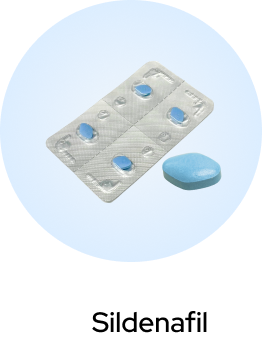
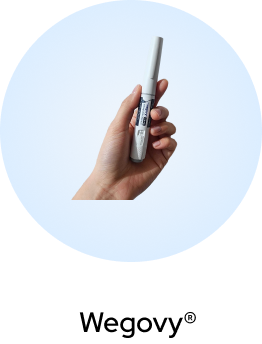



 (US)
(US)